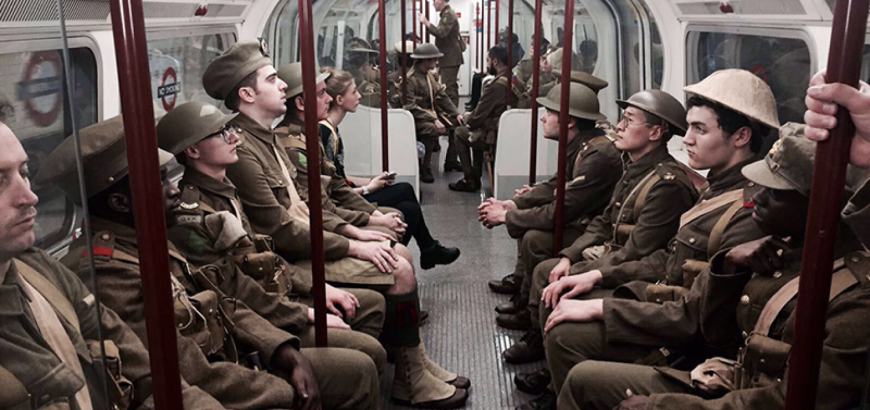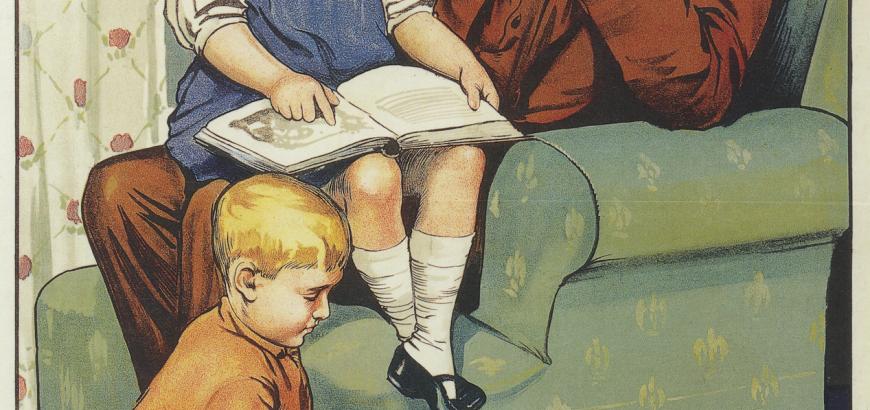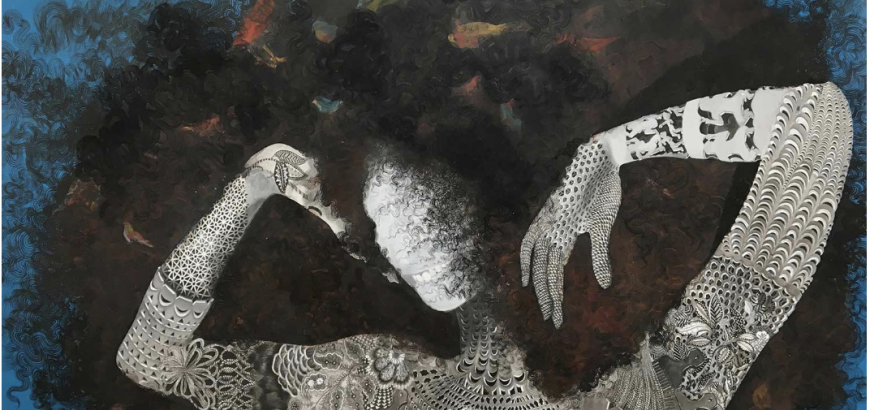HSTLAC 185: Race, Gender, and Class in Latin America and the Caribbean
This course is an overview of significant historical processes led by peoples in what we know today as Latin America and the Caribbean. The first half of the course explores the fifteenth century Atlantic world; the violent workings, reproduction, negotiations, and challenges that conformed colonial societies; and the rise of capitalism, mainly under Spanish and Portuguese control after 1492. The second half investigates the varied mobilizations to undo European and US colonial systems since the late eighteenth century; the tribulations of building modern nation-states; the articulations of new projects of subjugation for Afro-descendants, Native, and mestizo communities under the rubric of Liberalism and their struggles to build feasible futures. We closely analyze the dynamic making and unmaking of racial, class, gender, religious, and sexual hierarchies of power. This course also counts as a foundations class for the Diversity Minor.
- *FIG class
- DIVERSITY, I&S
HSTEU 274: Seeing the 20th Century: European History and Film from the 1890s to the Present
The twentieth century, as the historian Eric Hobsbawm has said, was an “age of extremes.” This course serves as an introduction to this turbulent age. We will survey the histories of world war, the rise and fall of fascism and communism, postwar migrations, the Cold War and decolonization, and the making (and breaking) of the European Community. Our discussions will be unified by our focus on the social and political function of film in 20th-century Europe. This course provides an opportunity for students to explore the diverse historical uses of film – and to sharpen their own skills of visual analysis – along with an overview of major themes in 20th-century European history. Through our explorations of key moments in the recent European past, we will consider broader questions of citizenship and identity in modern political life.
- FIG class
- VLPA, I&S, Writing credit
HSTCMP 202: World Wars I and II Digital Histories
This class is digital! The First and Second World Wars were human-made catastrophes that engulfed the globe and killed upwards of eighty million people, including tens of millions of civilians. Each war remade the world. Their aftershocks reverberate today and continue to shape global politics. This class explores the history of both wars, focusing on military technology, ethics, racism, empire, gender and sexuality, and social history. We will use digital methods to uncover and share stories from the wars that shaped the modern world. No prior tech experience needed.
- FIG class
- I&S
- Also counts for Data Sciences minor
HSTAFM 278: Modern North Africa
This course covers the history of Morocco, Algeria, Tunisia, and Libya since the seventeenth century. Among the topics we will discuss are imperialism and local responses to it, the development of national identities, the evolving role of Islam in politics and society, the experiences of religious and ethnic minorities, the impact of and on French culture, North African diaspora communities in Europe and elsewhere, and connections between North Africa and other parts of Africa and the Middle East. This course fulfills the diversity general education requirement.
- DIVERSITY, I&S
HSTAA 231: Race and US History
This course surveys United States history, by exploring how race has enabled conceptions of the American nation and shaped everyday practices and interactions among different peoples. How have racial concepts, representations, and practices fundamentally defined power dynamics in American culture? From slave revolts to the Black Lives Matter movement, how have organizations and individuals struggled to pursue racial justice?
- FIG class
- Diversity, I&S, Writing credit
*FIGS are first-year interest group clusters where first-year students may choose the above class with a cluster of carefully chosen other courses and take classes together with a smaller group of students. Please feel free to contact Tracy Morrissey if you have questions about this.


